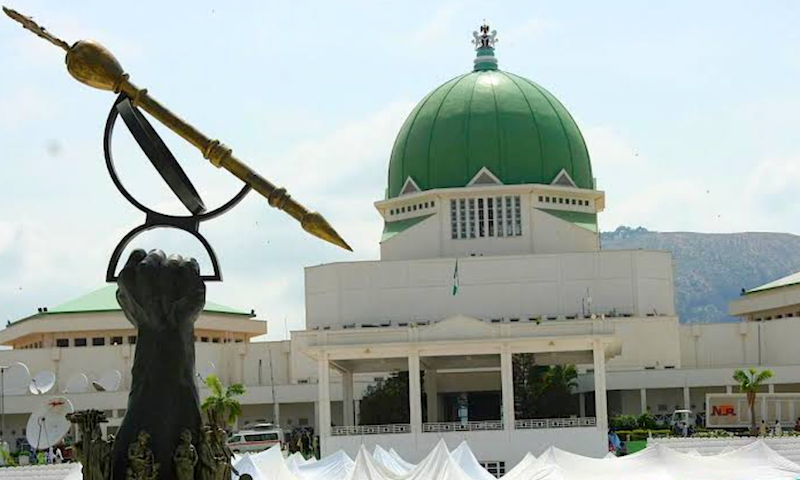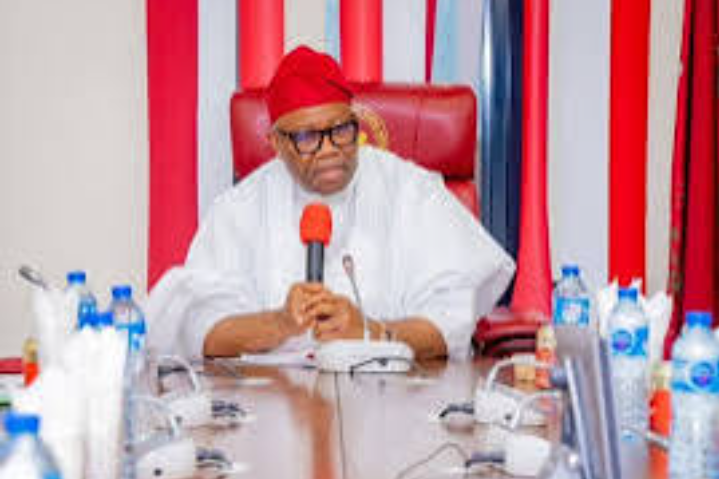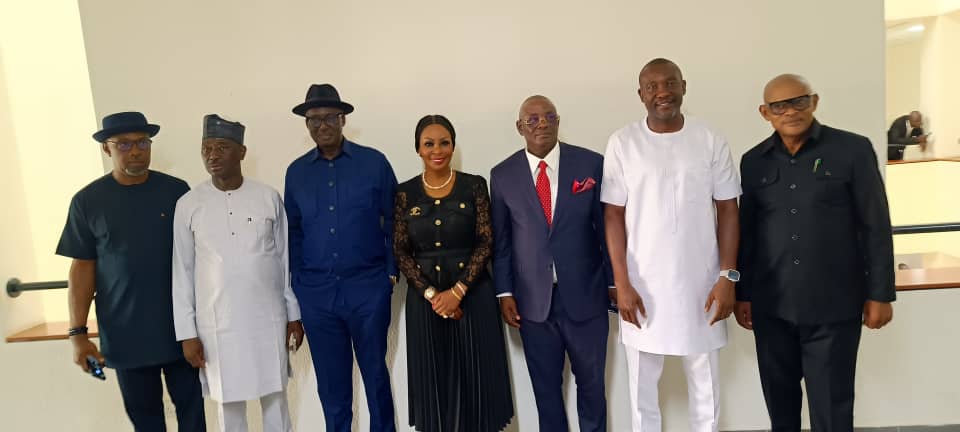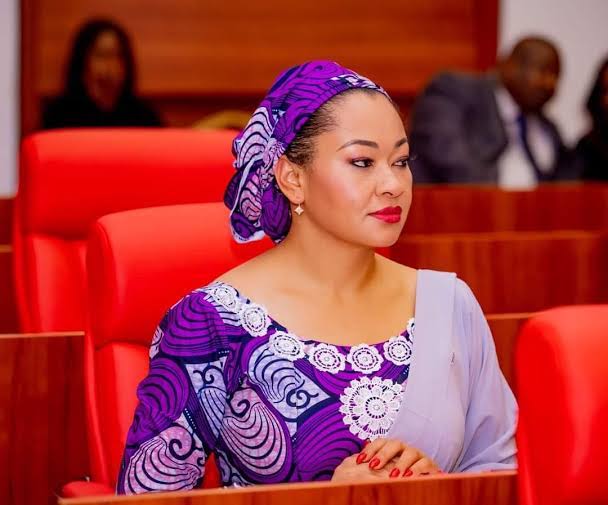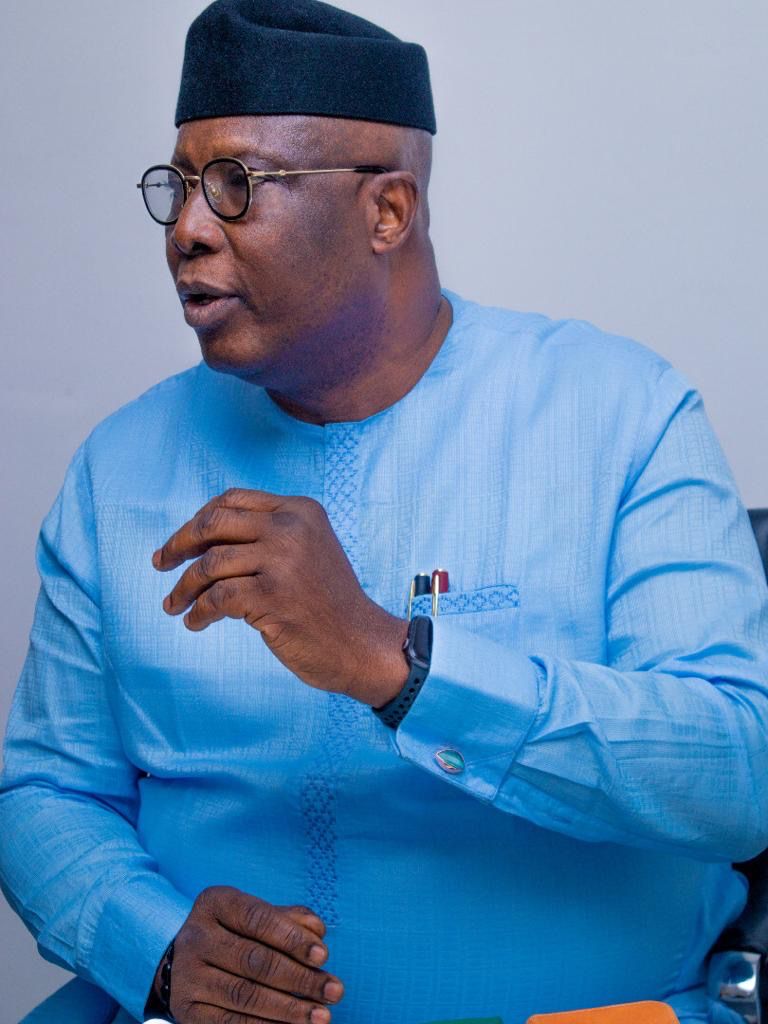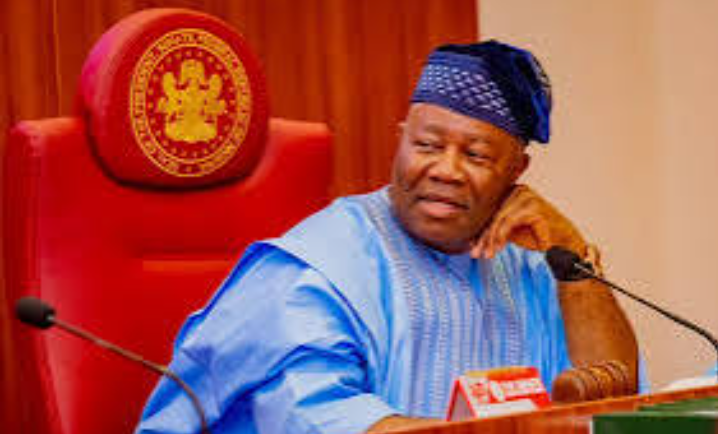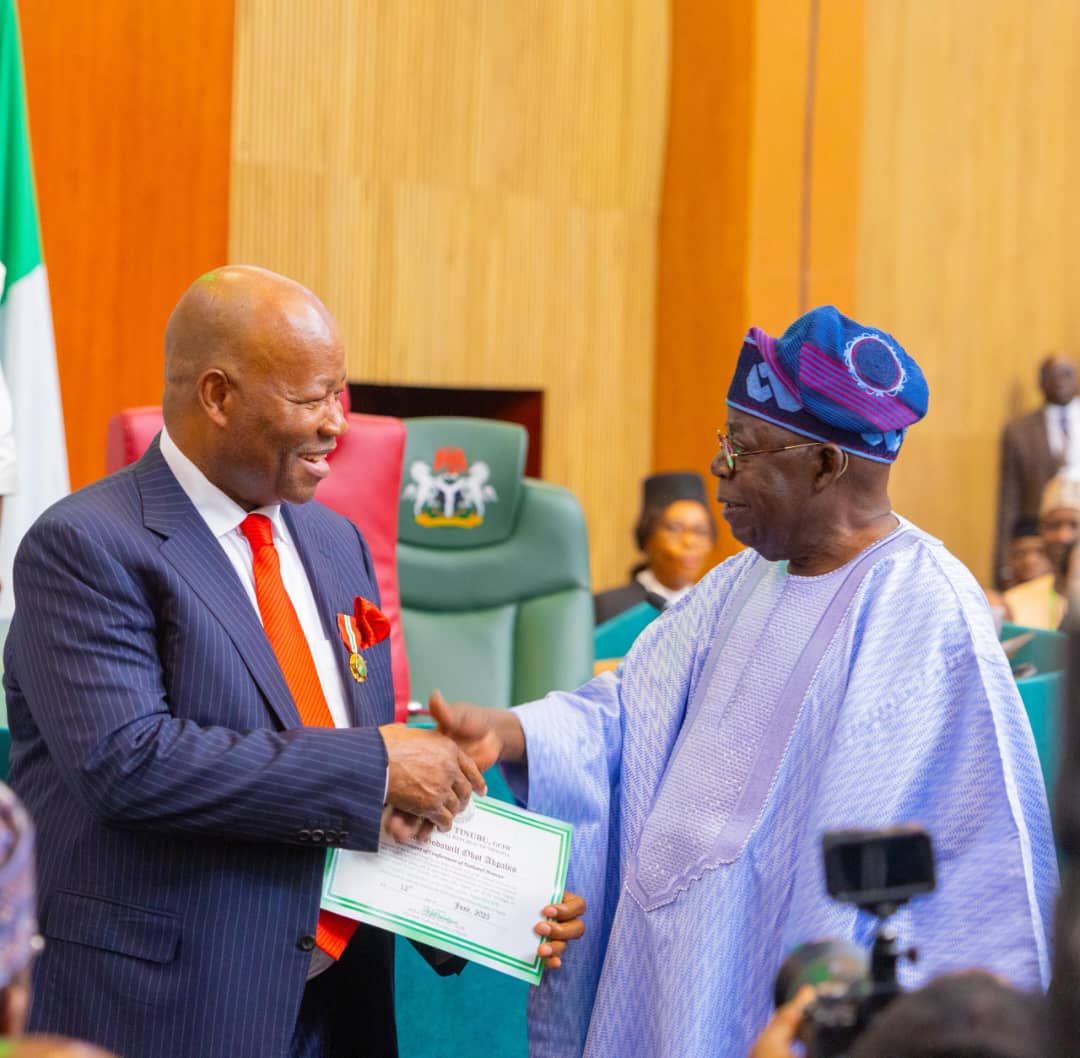Nigeria Customs Service (NCS) came under heavy scrutiny on Monday as it presented its ₦6.584 trillion revenue target and ₦1.132 trillion expenditure plan for 2025 before the Senate Committee on Customs and Excise.
While the Service was commended for surpassing its 2024 revenue target, senators raised serious concerns over what they described as unjustifiable spending spikes and a lack of ambition in projected revenue growth.
According to the proposal, the NCS is targeting a total revenue of ₦6.584 trillion, comprising ₦3.835 trillion from the Federation Account, ₦1.081 trillion from the Non-Federation Account, and ₦1.650 trillion from Import VAT.Expenditure is projected at ₦1.132 trillion, to be sourced from 4% Free On Board (FOB), 2% Nigeria Trade Summary (NTS) share, and allocations for ongoing capital projects.
The breakdown indicated that Personnel Costs stood at ₦247.16 billion, while Overhead is to gulp ₦239.97 billion and Capital Projects: ₦645.42 billion.
A deeper dive reveals significant allocations for salaries, pensions, NHIS, and an eyebrow-raising ₦169 billion in “miscellaneous” overhead, prompting senators to question the justification for such a large, undefined expense.
Responding to lawmakers’ queries, Deputy Comptroller General Jibo Bello clarified that the Customs Service does not set its revenue targets.
“Targets are determined by the Medium-Term Revenue Framework (MTRF) and assigned by a federal committee based on past performance,” he explained.
“The 2024 target increased by 21.2 per cent, not two per cent as earlier suggested.”Bello also defended the 2025 expenditure hike, noting that Customs received only ₦290 billion of the ₦706 billion approved for 2024 due to the suspension of the four per cent FOB funding mechanism included in the newly signed Customs Act.“The 2025 budget is based not on projected revenue, but on expected FOB funding already appropriated by Parliament,” he said.
“Personnel costs also increased due to salary adjustments and associated percentage-based contributions to pension, NHIS, NSITF, and ITF.
”While acknowledging the Service’s performance in 2024, senators were critical of the modest 7% growth projection for 2025 and the steep 60% jump in expenditure.“You collected ₦6 trillion in 2024, yet you project only a slight increase for 2025. That’s not acceptable,” one lawmaker noted.
“Meanwhile, your expenditure is leaping from ₦706
billion to ₦1.1 trillion. How do you justify that?
”The personnel budget also drew fire for jumping from ₦94 billion to ₦247 billion, despite only 3,927 recruits being added to a workforce of 16,245.Another senator questioned the rationale behind the ₦239 billion overhead, including routine expenses such as computers, vehicles, fuel, and travel.“What is the lifespan of your computers? Every year you procure new ones, pushing your overhead through the roof,” a visibly frustrated senator asked.Beyond figures, lawmakers also called on the NCS to advocate for reforms. One senator referenced declining imports through Lagos ports due to surcharges on used vehicle imports.“Importers are diverting to the Benin Republic to avoid excessive charges,” the senator said.
“If Customs wants to grow revenue, it must engage the legislature to review these fees.”A controversial line item listed ₦169 billion for “financial miscellaneous services”, which lawmakers insisted was too vague and should be better defined.The committee also criticised the current revenue model that sets hard collection targets for Customs.“When you cap their targets, they hit the mark and stop. But if they’re allowed to collect freely and retain their seven per cent cost of collection, they’ll be motivated to do more,” one senator argued.
The committee is expected to continue its scrutiny in the coming days, focusing on cost-efficiency, internal reforms, and revenue projections.As one lawmaker put it, “Customs has the potential to do more — but this budget must reflect that ambition.

